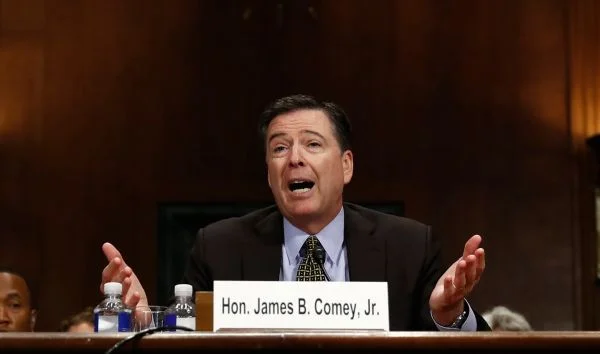Early Takes on Trump: Arkansas By Heather E. Yates
Arkansas is an interesting state for several reasons. Demographically, Arkansas is home to a relatively homogeneous population and much of its political behavior follows suit. Politically, Trump was widely popular, winning the state by a 26 point margin. At the the 100-day benchmark, Trump’s support remained largely unchanged at 53 percent approval, ten points above his national approval rating.
Arkansas’ political culture confounds Political Scientists who study Southern politics and culture on the question of why Arkansas was one of the last Southern states to join the Southern Republican realignment. Since the 2010 midterm, Arkansas is an extremely crimson state with its entire Congressional delegation, 75 percent of its state legislature, and all its constitutional offices captured by the GOP.
Even though its complex political history produced the legacy of President Bill Clinton, Arkansas exhibits a political culture profoundly committed to conservative ideology, traditional customs, and a sizeable measure of political contradiction.
Trump emerged as an early favorite among Republican-leaners and Independents, while Sen. Ted Cruz was a solid preference with the conservative Republican base. In February 2016 Republican support for Trump was briefly tied with Marco Rubio at 23 percent prompting Gov. Hutchinson to endorse Rubio. This gave him a competitive edge a few days ahead of the Arkansas primary, but voters disregarded the signal and Trump prevailed with 32.7 percent over Ted Cruz and Marco Rubio.
The difference in candidate support among the average voters and the political elite reflected much of the intraparty factionalism that played out nationally. It was clear that the state party committee elite did not appreciate Trump’s rhetoric, but they indicated it was good for party building.
Some of Trump’s rhetoric-as-policy resonated not just because it tapped into the collective frustrations that targeted establishment politics, although those were certainly tangible concerns since Obama had an extremely low approval rating (30 percent). Trump’s rhetoric on topics such as immigration aroused two important variables in Southern political attitudes: regionalism and race. On policy, regional identity had a significant effect on support for Trump and his policy proposals, such as the wall and immigration, but not on healthcare, as many Arkansas residents benefited from the Medicare expansion under the Affordable Care Act.
Being relatively new to having majority status, the Republican Party of Arkansas welcomed the enthusiasm previously generated by the Tea Party movement, which Trump exploited to gain popularity. What made Trump popular with the party apparatus, his accessibility, was one of the attributes that made him popular among media outlets.
Trump made himself available to mostly any invitation. For instance, in the summer of 2015, as a freshly declared presidential candidate, Donald Trump was the first and only GOP candidate to accept a Republican Party of Arkansas’ invitation to headline its annual fundraiser, the Reagan Rockefeller Dinner, where he was presented with the rifle seen in the picture.
At a Trump rally in Little Rock in February 2016, the candidate’s impetuous rhetoric seemed of no concern to the average mid-south voter. Many simply did not believe that Trump’s rhetoric would actually translate into substantive policy and in the beginning, they simply did not believe Trump was viable. Still, they expressed their affinity toward him because he certainly made the campaign interesting.
Through a mix of individual actions and contextual circumstances, President Trump remains popular among a majority of Arkansans, and will likely to continue to be for the foreseeable future because of the underlying dynamics that help explain his support.
Heather E. Yates (@heatheryatesphd) is Assistant Professor of Political Science at the University of Central Arkansas and the author of The Politics of Emotions, Candidates, and Choices (Palgrave).





